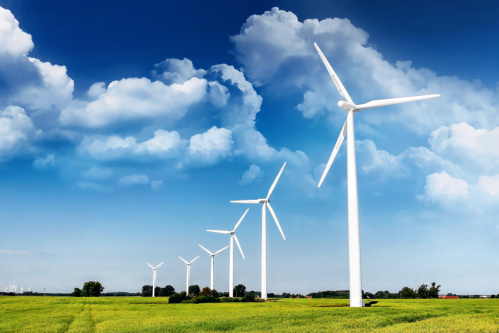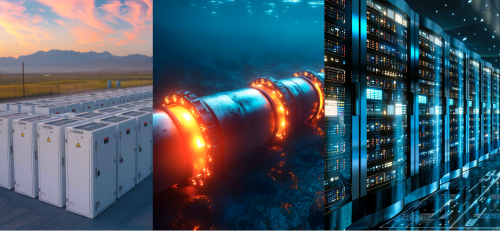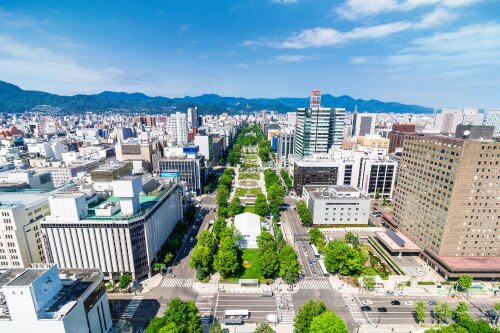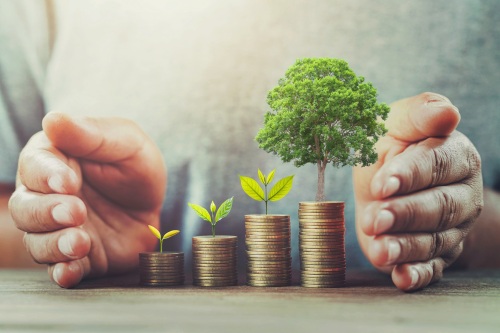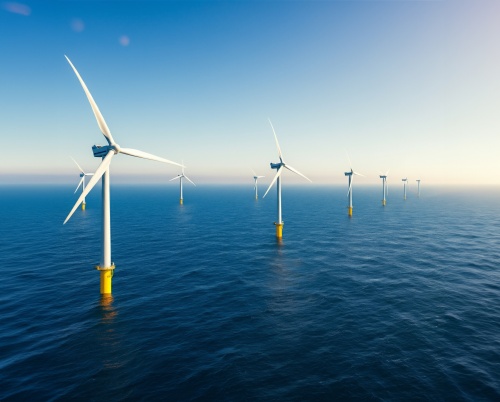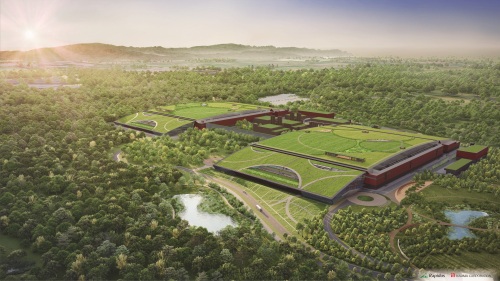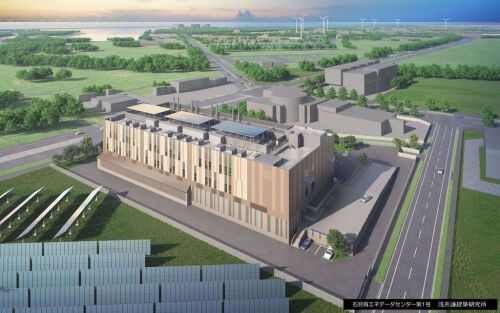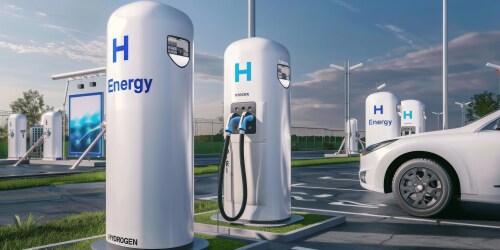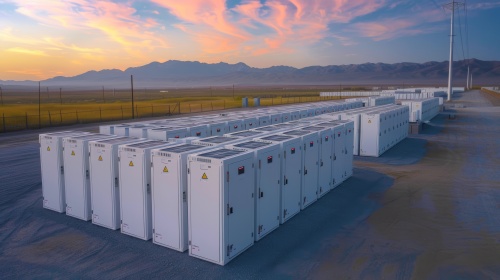Hydrogen
Hydrogen used as an energy source can be utilized for power generation by combining it with oxygen or burned to produce thermal energy. Hydrogen is gaining attention as a next-generation energy source because it can be produced not only by electrolyzing water but also from various other resources, and it does not emit CO₂ during use.
The Superior Energy Characteristics of Hydrogen
- Hydrogen possesses exceptional characteristics, such as not emitting carbon dioxide (CO₂) during use and achieving high energy efficiency through the application of fuel cell technology. By leveraging these properties, hydrogen can enhance the efficiency of renewable energy utilization and the use of untapped resources, contributing to further reductions in CO₂ emissions.
- The development of a hydrogen society not only supports the creation of a decarbonized society but also contributes to building disaster-resilient, safe, and secure communities through the local production and consumption of energy. Additionally, it fosters the growth of hydrogen-related industries within Hokkaido.
Promoting the introduction of renewable energy-derived hydrogen and hydrogen utilization equipment to realize a hydrogen society unique to Hokkaido.
- In Hokkaido, efforts are being made to promote the introduction of hydrogen derived from renewable energy, which has high potential in the region, as well as hydrogen utilization equipment, to realize a hydrogen society unique to Hokkaido.
- The region is working to establish a supply chain based on the local production and consumption of hydrogen energy, covering everything from production to utilization. This initiative aims to create disaster-resilient, safe, and secure communities through a decentralized and autonomous system, while also fostering the development of related industries.
Various Demonstration Projects Conducted in Hokkaido
Research and demonstration projects utilizing renewable energy potential, with some cases emerging that have moved into the commercialization/utilization
- Hokkaido, blessed with abundant nature and vast land, possesses top-class potential in Japan for renewable energy sources such as solar, wind, small and medium-scale hydro, biomass, and geothermal energy.
- Focusing on the utilization of this abundant renewable energy, demonstration projects and technological developments aimed at building a supply chain for hydrogen production and utilization are being carried out across the region.
Examples of Hokkaido’s Hydrogen Initiatives

Source: Created based on “Hokkaido’s Renewable Energy Potential and GX Industry Opportunities” by the Zero Carbon Promotion Bureau, Hokkaido Economic Department.
Green Hydrogen Production through the Utilization of Green Electricity
Hydrogen Production through the Utilization of Green Electricity
- Green hydrogen is produced by electrolyzing water using electricity generated from renewable energy sources such as solar and wind power.
Characteristics of Green Hydrogen
- Green hydrogen does not emit carbon dioxide (CO₂), a greenhouse gas, throughout its production and utilization process.
- Unlike traditional hydrogen production methods that reform fossil fuels, it is environmentally friendly.
- It can also be used as a means of energy storage to ensure a stable energy supply and mitigate fluctuations in renewable energy.
Establishing an Integrated Supply and Demand Chain
- By building an integrated supply and demand chain through local production and consumption across regions and leveraging the demand in the central Hokkaido area, Hokkaido aims to become a hub for domestically produced hydrogen.
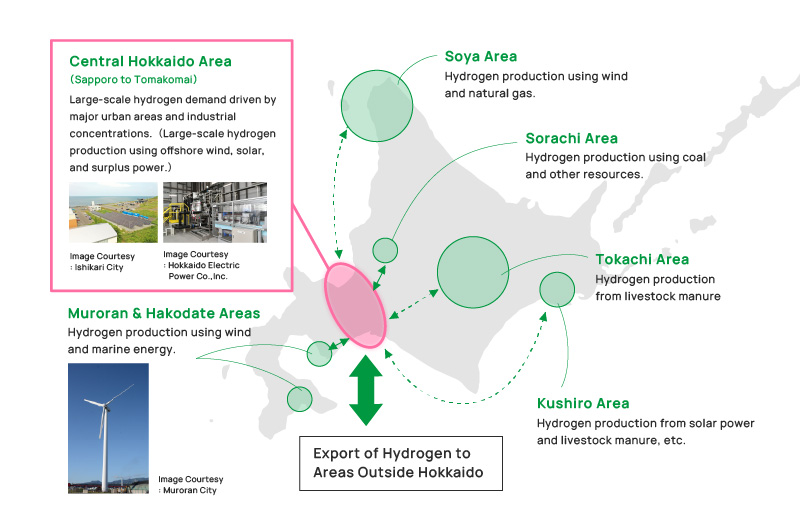
Source: Created based on “Overview of the GX Financial and Asset Management Special Zone” by Hokkaido and Sapporo City.

